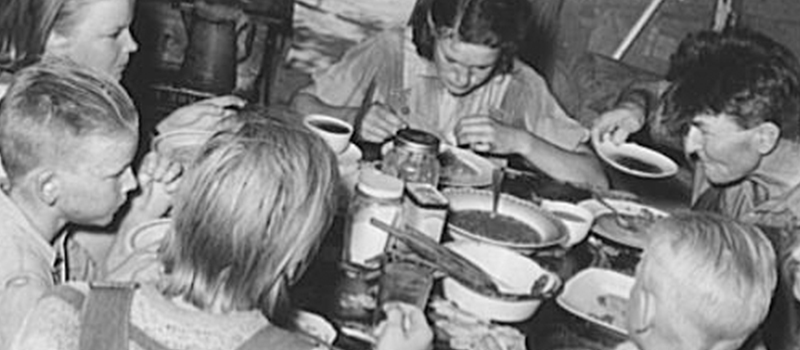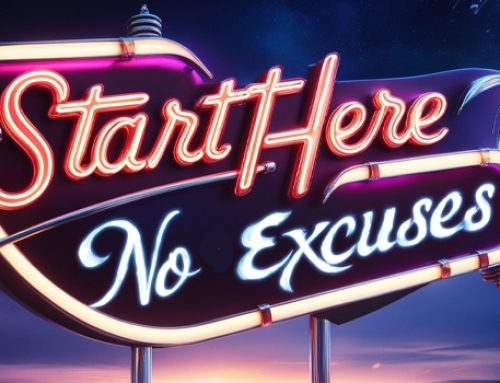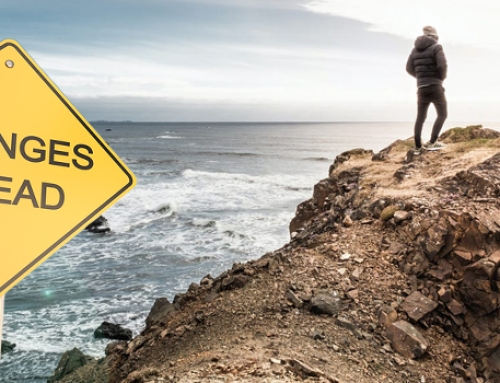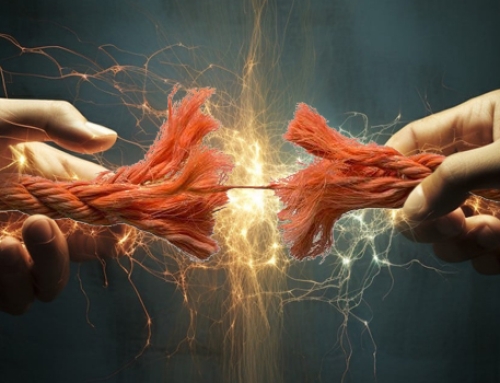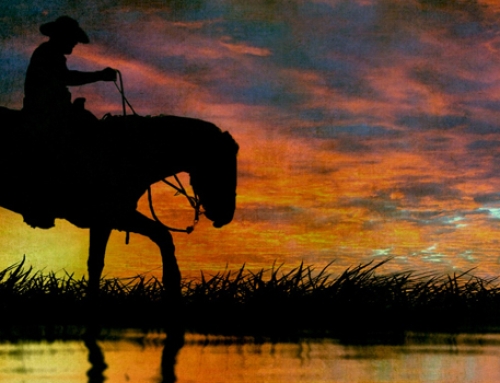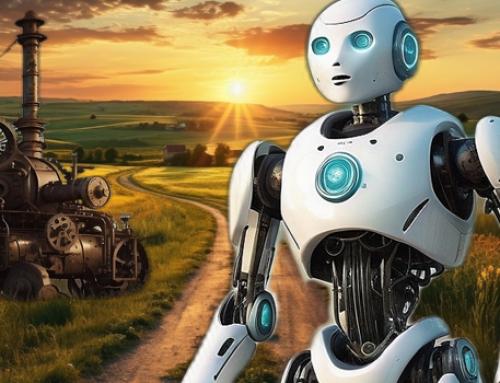The terms of – prepping, survivalism, emergency preparedness, disaster readiness – have been equated by the powers that be with nutcases and conspiracy theorist wearing tin foil on their heads. Call it what you will but having the proper mindset to be able to develop skills and capacities to take care of yourself in good times and bad should be the focus of everyone drawing breath. That complacency and laziness is only a modern predicament. In the past those that were such were weeded out of society or didn’t live long. We need to regain the self reliance mindset plus a healthy dose of living strategically and sustainably while having a bit of fun at the same time.
Today I would like to explore that self reliant or survival mindset and a sense of preparedness as a way of life and as a path to self-sustenance and independence.
THE “SURVIVAL” MINDSET
We live in uncertain times, even if people do not realize it. Natural disasters are escalating at an alarming rate, global economies are failing, cascading across the world, terrorists foreign and domestic are threatening the security of the common American and the Deep State is using the nonsense of climate change to affect our ability to keep our food chain and product distribution channels from collapsing. To sustain and provide adequate supplies to the populace at large. Add to this questionable politics and sneaky special interest policies and agendas being waged against us and we have a recipe for one continuous crisis on our hands.
The solution, for many, to these storm clouds on the horizon is to embrace survivalism or to a lesser degree, self reliance. The term “survivalism” is a word that has been around for eons and people used to just call it LIVING… being prepared for the world to throw what it had at ya and to come through it no worse for the wear.
And the person who practices survivalism in the past? That person was typically referred to as a survivor, and pretty lucky or blessed.
Mention this term to your typical man or woman nowadays, and you may be looked at with disdain, derision and suspicion. After all, aren’t survivalists those Rambo-Jason Bourne types that live in the woods wearing camouflage clothing or dear hides and carrying rifles on their backs to the store and a gun and holster on their hip when they go into town?
Somewhere along the line, the words Survivalism and Survivalist became states of being to be looked down upon, derided, and laughed at.
To overcome this perception, a more modern term has been coined. A kinder gentler term and one without negative connotations: Prepper.
What specifically is a prepper? Well, it is the same as a survivalist, but with a nicer twist. Those who prepare personally and makes preparations in advance of foreseen changes in normal circumstances of one’s lifestyle without significant reliance on the greater society resources or from the government. This who we all used to be, then modern conveniences came along and made being so unnecessary.
More simply stated, a prepper is someone who recognizes that these modern contraptions can go as easily as they came to be and desires to strive and enjoy self-sufficiency without the need for outside interference, assistance, especially from government agencies or authorities.
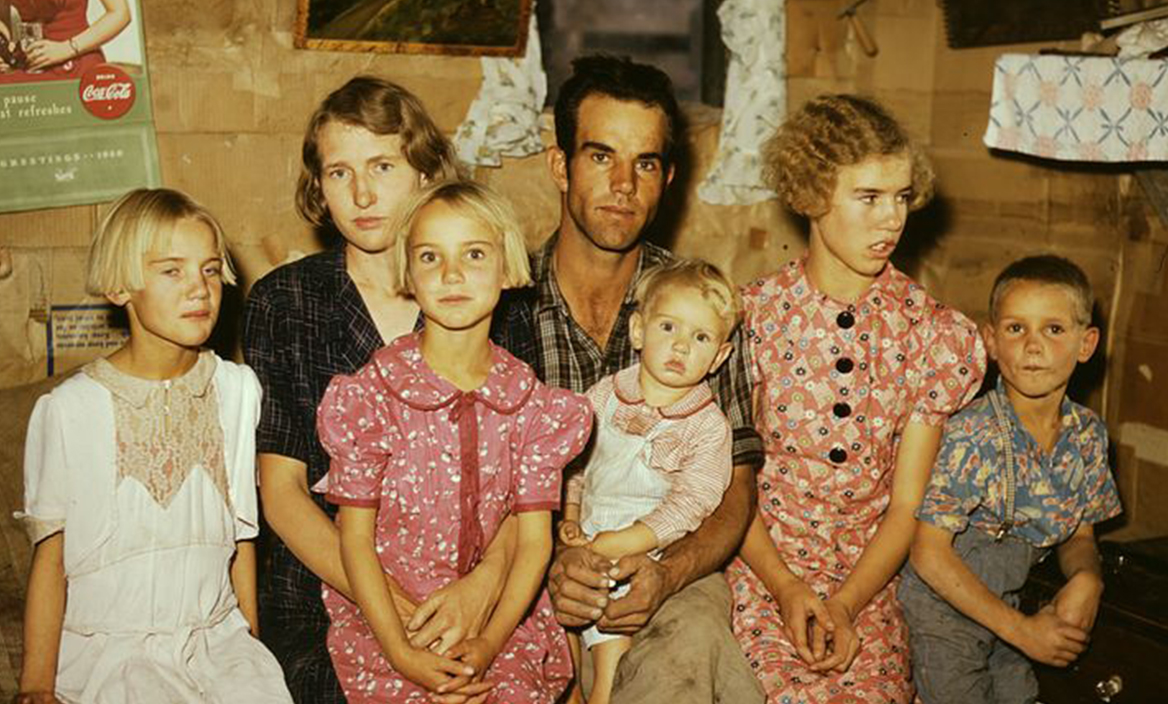 IN THE PAST FAMILIES LIVED…
IN THE PAST FAMILIES LIVED…
As their two hands allowed them to live with an industrious brain between their ears. First of all, because money was a scarcity, the way one carried on was to produce a set of goods, or grow or make certain items that were needed in everyday living in their neck of the woods. Money was nice when you had it, but if you didn’t, you could get by with a secondary economy of trade with your neighbors.
One’s home was, if industrious enough, modest, adequate for your needs but wasn’t extravagant. if you had four walls, a floor that wasn’t dirt and a roof over your head that did not leak when it rained you were pretty set. Add a fireplace with a hearth and you had what was needed to live aptly in this world of ours.
What you adorned yourself with was sensible, presentable and something you usually made or your mom did. Whether it was made of cloth, leather, or denim, you could get by with a few changes of clothes just fine.
What you ate and put on your table for your family is what you were able to grow, rear, slaughter and prepare that day. Packaged or processed foods weren’t a thing because deep freezers weren’t available and food had to be preserved and stored for the lean months when it was there in the days of abundance. Hardly were you able to pop over to the corner market or the local eatery for a bite. You made everything from scratch because you gathered each of the ingredients yourself with your hard work and sweat.
Anything above this, machinery that made work easier beyond the more simple tools were a luxury. Appliances, electronics, lighting, and even running water were once uncommon
Then the propaganda of an “ideal” was sold to America consisting of a two income family and the children, teenagers, who do not work – not even performing home chores – in a suburb or heaven forbid an HOA community. The ideal family has little in savings, and a mortgage that uses up 60% of their combined take home pay. They eat out 3 to 4 nights a week, because they don’t have the time to grow their own or do not know how to cook. All this in the name of a comfortable life.
A peek inside their pantry will show you a few canned goods but mostly cookies, chips and snack items. They rely on a weekly trip to the supermarket for food and even then, they don’t require much since they eat out a lot. All they have is in their refrigerator or freezer. Their life is surrounded with all the modern inventions which allow you to enjoy your “free” time..
Then imagine as it has happened many times in small short spurts in various areas that something comes along to disrupt the normalcy of this modern world. Most times it is for a few days, some times it has lasted a couple of weeks, rarely has it been a month on month situation… just imagine that disruption was permanent? The fragility of it all is not realized until we no longer have things that break and cannot be put back together again.
What we are saying, and practice is that you stop relying so much on that system that is bound to break when any pressure is applied to it, and create for yourself the food systems, the supplies, the skills and the items that you can utilize to produce those things once they cannot be bought or financed.
We ask you to refresh, renew, relearn, remember those essential tasks, methods, and ways of living that can bring you through any time of life, whether it be hardship or easy sailing.
Overall TakeAway
Society’s normal functions are fragile in our day and times, natural disasters can happen anywhere and anytime. Man-made disasters, civil disobedience, pandemics and terrorist attacks may or may not happen at any moment.
Even so, how would you deal with these events if they happened in your home town? Would you have food? Would you have water? Would you have readily accessible first aid supplies? If the transportation system around you was disabled for a period of time (a day, a week or a month), could you cope? What if fuel for your vehicle or to heat your home was not available? In the case of an emergency, how would you communicate with loved ones?
These are just a few questions you should ask yourself. They are practical questions with infinitely useful answers once you take the time to define self reliance in your own words and under your own terms.
Once you do that, you will have created a survival mindset.

